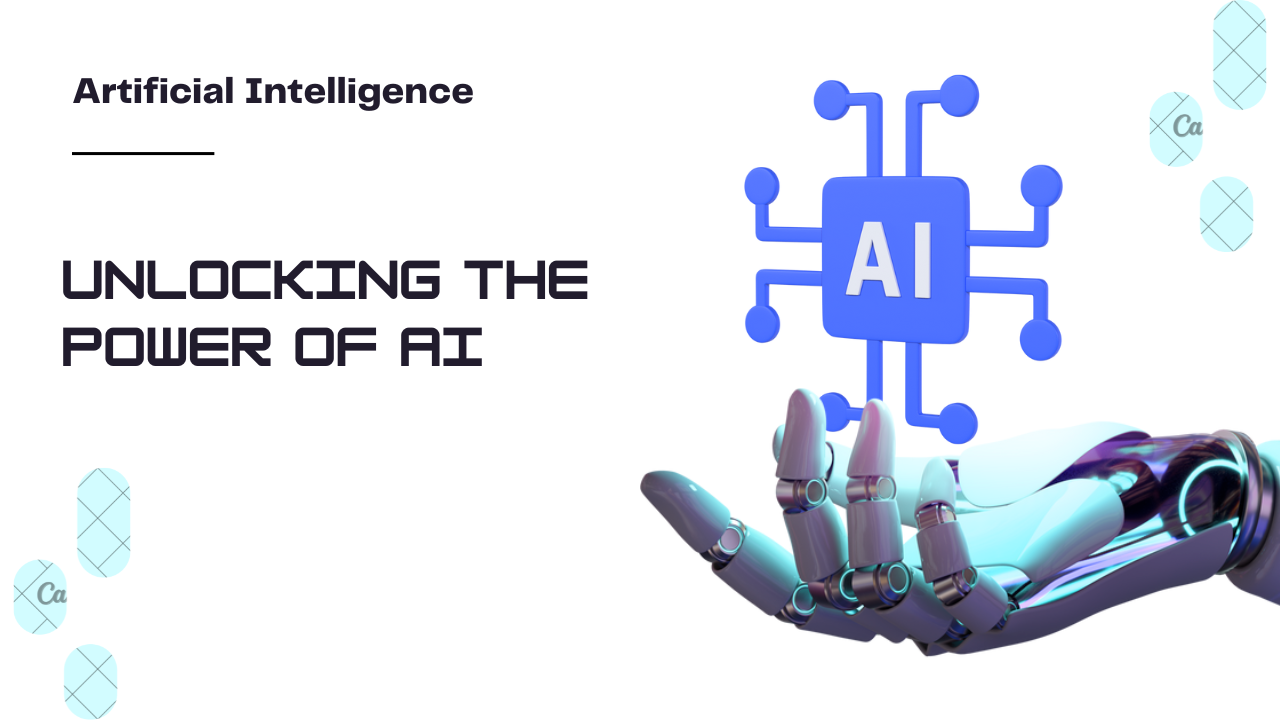Artificial Intelligence (AI) has transitioned from speculative fiction to an essential component of contemporary life. It underpins everything from personalized content curation on digital platforms to sophisticated virtual assistants like Alexa and Siri. This transformative technology not only enhances user experiences but also redefines business operations, enabling novel solutions to complex challenges. This discourse delves into AI’s pivotal role in reshaping technology and industry, elucidating the vast opportunities it engenders.
Defining Artificial Intelligence
Artificial Intelligence embodies the replication of human cognitive functions by machines, encompassing the ability to learn, reason, and adapt. These systems excel in executing repetitive and data-intensive tasks with superior precision. Key technological subsets of AI include:
- Machine Learning (ML): Facilitates systems to independently refine performance by analyzing data patterns.
- Natural Language Processing (NLP): Enables machines to comprehend and generate human language.
- Computer Vision: Empowers systems to interpret and process visual inputs from the environment.
- Robotics: Integrates AI with mechanical systems to automate physical tasks.
Technological Paradigm Shifts Enabled by AI
AI catalyzes advancements that extend beyond enhancing existing technologies, spearheading groundbreaking innovations. Specific areas of impact include:
- Automation: By automating routine tasks, AI enhances operational efficiency and minimizes human error. Applications span from conversational agents to autonomous vehicles.
- Intelligent Devices: AI imbues devices with adaptive capabilities, such as predictive text on smartphones or energy-efficient thermostats that optimize settings dynamically.
- Cybersecurity: Advanced algorithms identify and neutralize cyber threats in real time, fortifying digital infrastructure.
- Big Data Analytics: AI efficiently processes voluminous datasets, uncovering actionable insights that transcend human analytical capacities.
AI’s Transformative Role in Business
The business landscape is undergoing a metamorphosis driven by AI’s potential to refine processes, elevate customer engagement, and foster strategic advantages. Key impacts include:
- Data-Driven Decision Making: AI enhances strategic planning by providing predictive analytics and insights into market behaviors and consumer trends.
- Personalized Marketing: Tailored recommendations and targeted advertising increase consumer engagement and drive revenue growth.
- Operational Optimization: Automated systems streamline supply chain management and inventory control, reducing overheads and enhancing productivity.
- Enhanced Customer Service: AI-driven chatbots and virtual agents deliver 24/7 support, resolving queries with efficiency and precision.
- Healthcare Advancements: AI supports diagnostic accuracy, facilitates innovative treatment approaches, and aids in surgical procedures, revolutionizing medical practice.
Challenges and Ethical Imperatives
Despite its transformative potential, AI presents several challenges that warrant critical attention:
- Data Privacy Concerns: The reliance on extensive datasets raises ethical questions regarding data ownership and usage.
- Algorithmic Bias: Unbalanced training data may propagate systemic biases within AI models.
- Economic Disruption: The automation of roles necessitates workforce retraining and adaptation to mitigate job displacement.
- Ethical Governance: Robust frameworks are essential to ensure AI applications align with societal values and mitigate misuse.
Prospects for AI
The trajectory of AI development promises profound advancements across various domains, including:
- Enhanced Human-Machine Collaboration: Integrating AI seamlessly into workflows to augment human capabilities.
- Sustainable Innovations: Leveraging AI for environmental conservation, resource optimization, and addressing global challenges such as food security.
- Precision Medicine: Developing highly personalized healthcare solutions and improving disease diagnostics.
- Educational Transformation: Customizable learning experiences driven by AI to enhance global educational equity.
Conclusion
Artificial Intelligence represents a cornerstone of modern innovation, reshaping societal norms and economic paradigms. Its responsible deployment holds the promise of a more intelligent, efficient, and equitable future. As we advance deeper into the AI-driven epoch, the horizon is boundless, inviting us to explore and realize its transformative potential.

